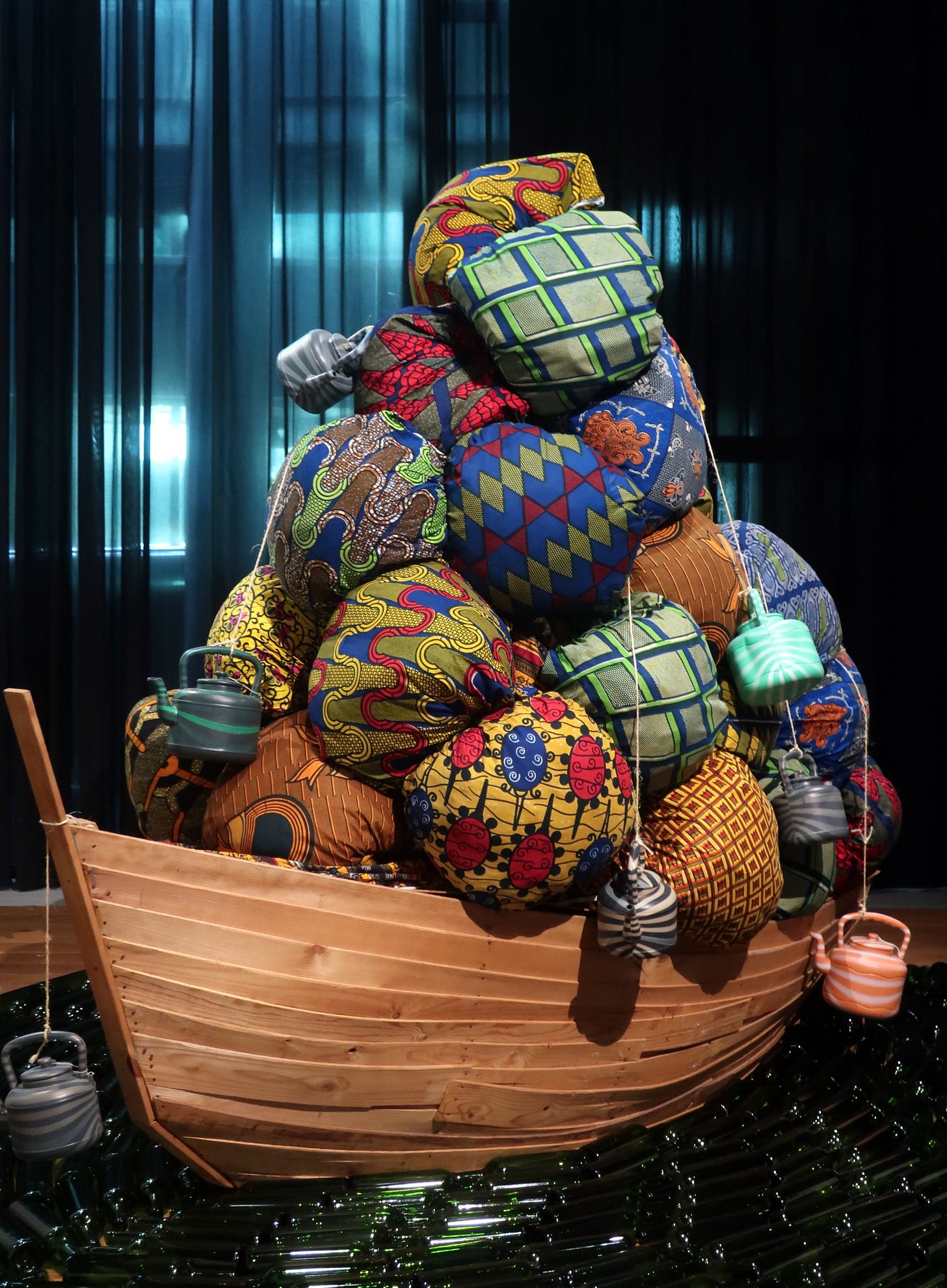Marseille Noir: Jean-Claude Izzo
For thousands of years, the Mediterranean was the centre of the known world. The Phoenicians and the Romans established extensive trade routes and settlements with travel and communication between and among the communities facing the Mediterranean, from present-day Spain, France, and Italy right the way round to Turkey, Egypt, and Algeria.
Marseille has been and remains an outward-facing city, closer to Algiers than to Paris. Its citizens are of mixed race and culture, many of them immigrants.
Jean-Claude Izzo was born in Marseille in 1945. His father was an Italian immigrant, his maternal grandfather a Spanish immigrant. He started writing stories and poems as a child but was sent to technical school because of his “immigrant” status. That didn’t stop him writing and publishing books and plays, and he jumped to fame in the mid-1990s with the Marseille Noir trilogy featuring Fabio Montale, an ex-cop. But the central character, in all Izzo’s books, is Marseille, “the first city of the third world.”
In Chourmo, the second book in the trilogy, Montale’s cousin asks him to find her son who she believes is in Marseille. In many ways, it’s a bleak look at the poverty and corruption underlying immigrant life in Marseille. Drugs, prostitution, and abuse of power pervade every layer of society leading to religious and political fanaticism [Marseille is the birthplace of France’s Front National]. Fired from the police force due to his honesty and refusal to be corrupted, Montale does his best to live life at one remove from emotional involvement. He goes fishing and enjoys drinks and meals at various bars and restaurants with his friends. As Montale says, “We all grow old, through our indifference, our abdication of responsibility, our cowardice. And our despair at being aware of it.”
His search for his cousin’s son pulls Montale back into the political and emotional storm of life. There is death, wrongdoing, and failure. It would be tempting to despair if it were not for Izzo’s fundamental belief in chourmo. Chourmo is a Provençal word derived from chiourme, the rowers in a galley, and means getting involved in someone else’s business, and having them involved in yours. “There was a chourmo spirit. You weren’t just from one neighborhood, one project. You were chourmo. In the same galley, rowing! Trying to get out. Together.” And that’s how the book ends. Despite the evil, sadness, and despair, we are all in this together.
See Also
Garlic, Mint, & Sweet Basil expresses Jean-Claude Izzo’s love for the life, cities, and food of the Mediterranean
I am a Traveller and an Immigrant, my thoughts on visiting the Museum of European and Mediterranean Civilizations, Marseille (2020)






